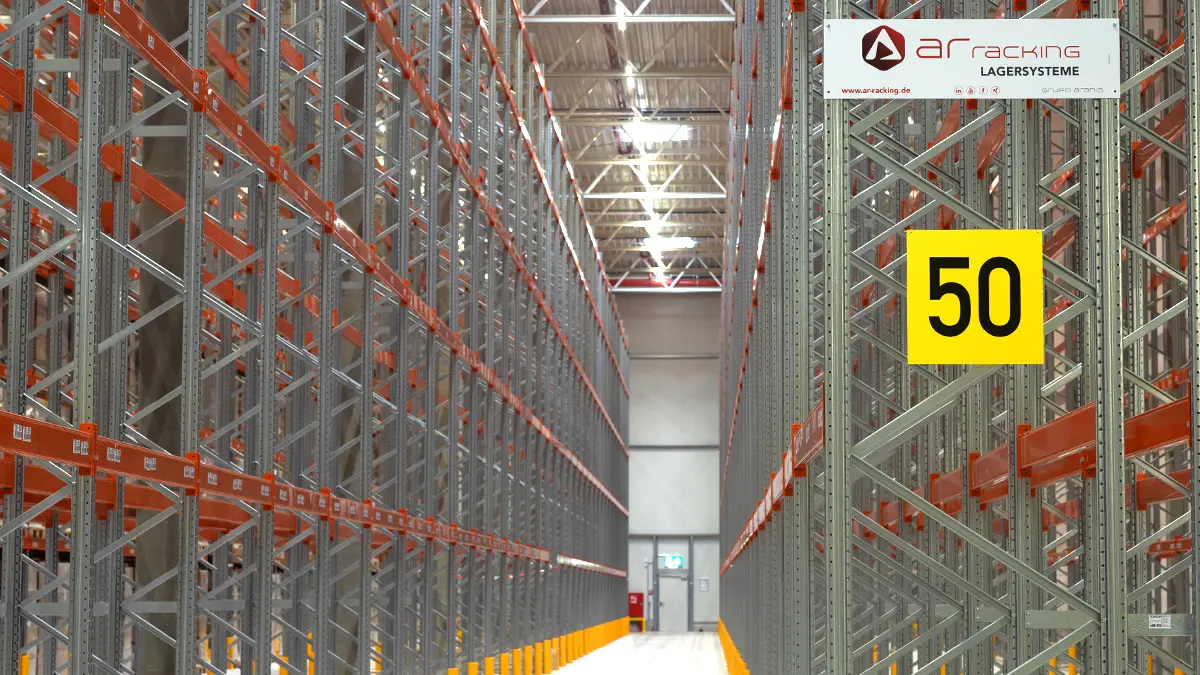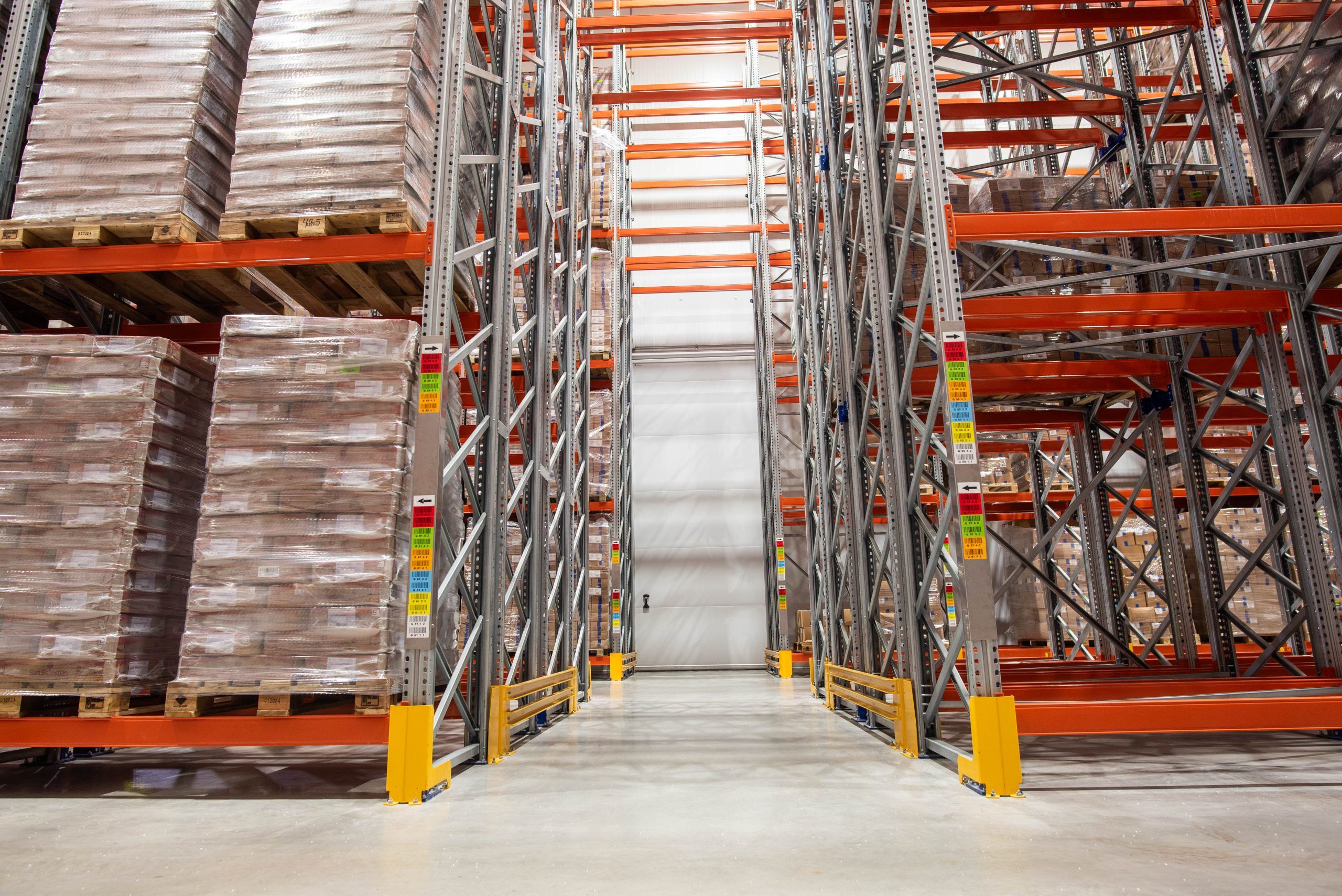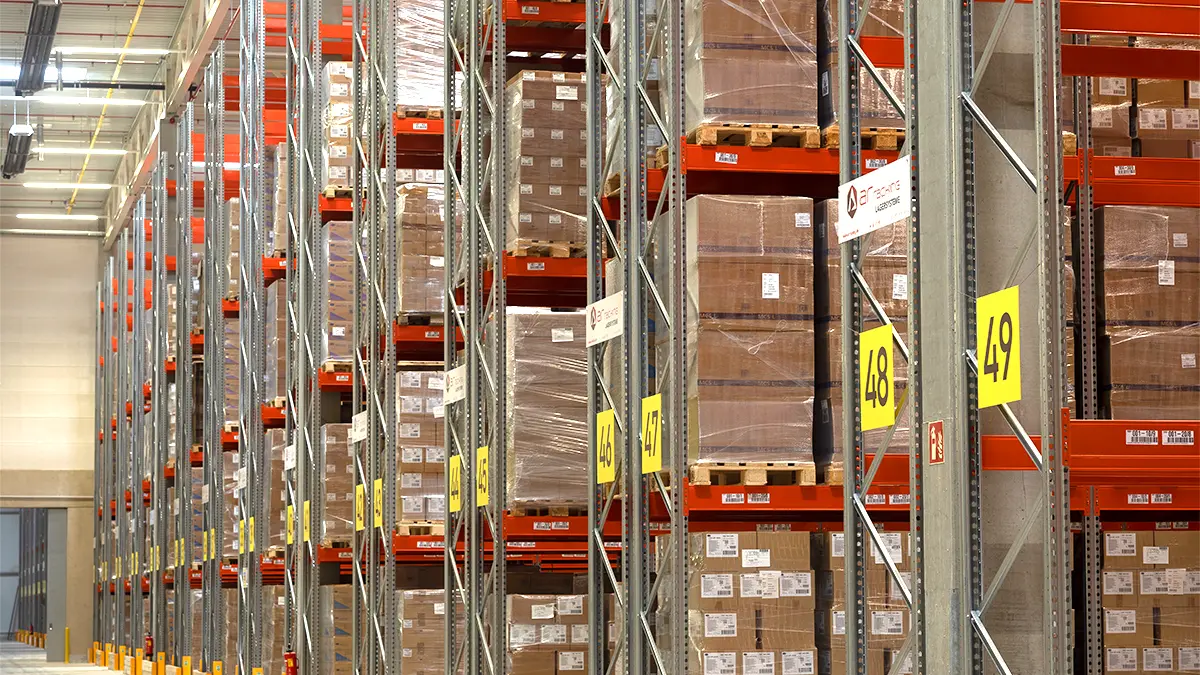Groupage and consolidation are two similar concepts used in the logistics and goods transportation sector, but they have some differences. We look at these two concepts and their main differences below.
What is groupage in logistics?
Groupage, also known as LCL (Less than Container Load), refers to the process of combining multiple smaller shipments from different senders into a single container for more efficient transportation. This process is typically used by small businesses or individuals who do not have enough goods to fill an entire container. Groupage allows you to combine multiple shipments, reducing transportation costs and improving shipping efficiency.
What is load consolidation?
Consolidation refers to the process of combining multiple shipments from the same sender in a single larger shipment. This process is often used by large companies or logistics operators that have sufficient goods to fill an entire container. Consolidation allows companies to save money on shipping costs by filling the whole container, instead of paying for several smaller shipments.
What are the differences between groupage and consolidation?
The key difference between groupage and consolidation is the number of senders involved. Groupage involves several senders, while consolidation only involves one.
Groupage is also used for smaller shipments that cannot fill an entire container, while consolidation is used for larger shipments that require an entire container.
Another difference between both is the level of control that the sender has over the shipment. With groupage, the sender has less control over the shipment as its goods are combined with other shipments. With consolidation, the sender has more control over the shipment, since it is the only sender involved.
There are also differences regarding the final destination of the goods. Groupage may involve several destinations, with there being separate distribution and delivery of each shipment after arriving at the place of destination. In consolidation, all the combined goods have the same final destination, which facilitates distribution after arriving at the place of destination or large distribution centre.
Groupage may be more complex to coordinate due to the combination of different shipments with different destinations and addressees, while load consolidation is usually less complex as there is only one sender with the same destination for the entire load.
Advantages of groupage shipments
The main advantages of sending a shipment through groupage are:
Cost reduction
By combining multiple small loads from different senders in a single shipment, transportation costs are shared by multiple customers, resulting in a significant reduction in the shipping costs for each of them.
Efficiency in the use of space
Groupage allows full exploitation of the load capacity of vehicles or containers. Instead of sending partial shipments that take up less space, empty spaces are filled with other goods, which minimises the amount of unused space in transportation.
Lower environmental impact
By reducing the number of trips made with partial shipments, groupage helps to reduce the carbon footprint and greenhouse gas emissions, resulting in more sustainable logistics and helping the company to attain green logistics.
Flexibility and availability
Groupage is a flexible option as it allows senders to send smaller loads and does not require a complete load to send the shipment. It is particularly useful for smaller businesses or those with less bulky shipments.
Access to transportation services
Groupage allows small and medium enterprises to access transportation services which would otherwise be inaccessible or costly if they had to reserve a complete shipment.
Reduction in transit time
By grouping shipments and making transportation more efficient, transit time can be reduced compared to shipping each load individually.
Wider geographical coverage
Groupage allows you to reach more remote geographical areas or areas less frequented by direct transport services, since several shipments with different destinations can be grouped in a single vehicle.
Facilitates international trade
In the case of imports and exports, groupage offers a cost-effective way to send goods from different customers to different destinations in the same container or load, simplifying customs and logistics processes.
Advantages of load consolidation
As we will see, the advantages and benefits of load consolidation share several commonalities with those of groupage, having many similarities in terms of their concept and objective.
Efficiency in the use of space
Load consolidation makes it possible to completely fill a vehicle or container with a homogeneous load from the same sender. This optimises the use of the available space and maximises the amount of goods transported in each shipment, resulting in greater logistics efficiency.
Optimisation of costs
By combining various goods or shipments from the same sender in a single shipment, the available space is better exploited and the number of trips required to transport the loads reduced. This leads to a significant reduction in transportation costs per unit, benefiting both the sender and the carrier.
Greater load safety and control
Being a consolidated shipment, the load is normally more secure and better protected in the vehicle or container. In addition, having a homogeneous load from the same sender facilitates inventory control and logistics management, which reduces the risk of loss, theft or damage to the goods.
Improved sustainability and reduced emissions
Load consolidation helps reduce the number of trips with partial shipments, which contributes to more sustainable and environmentally-friendly logistics. By reducing the amount of unnecessary transport, greenhouse gas emissions are reduced and a more sustainable logistics is promoted.




